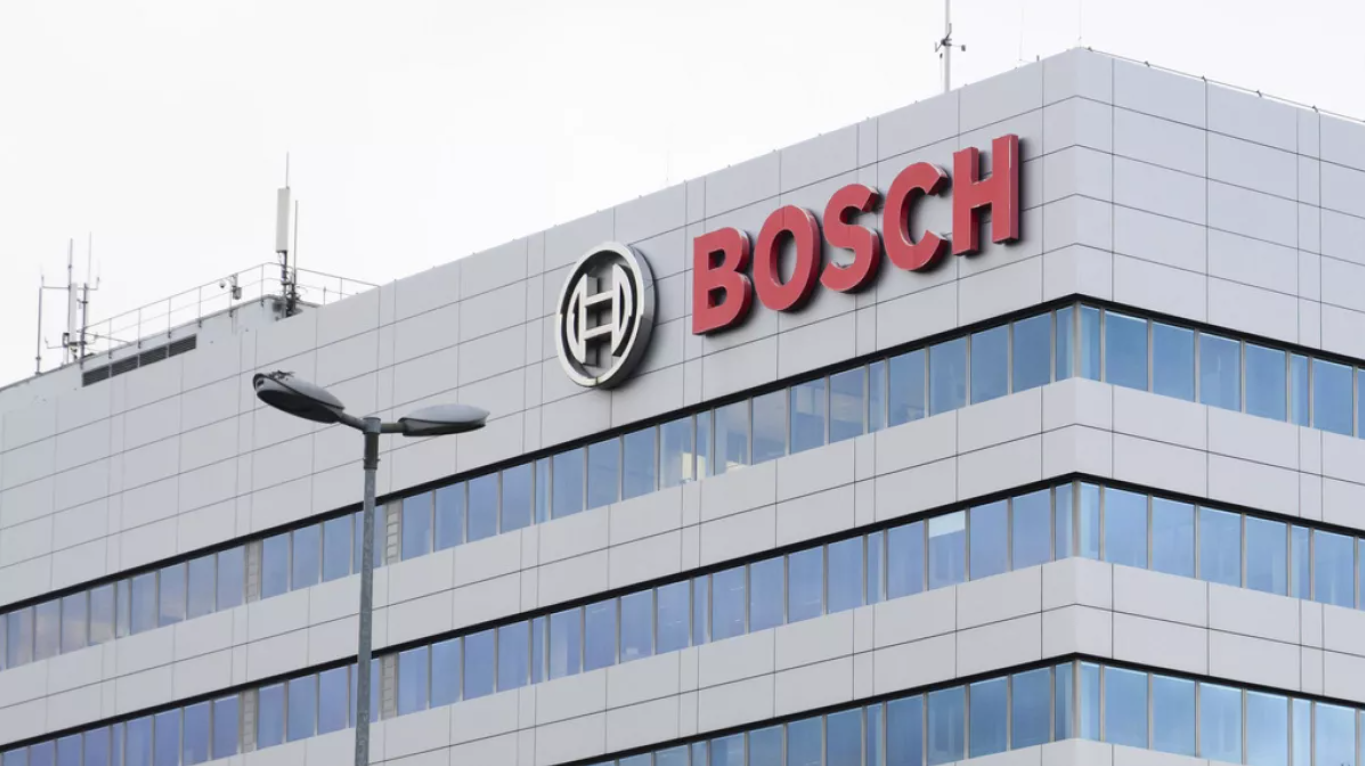In a significant move reflecting the ongoing challenges in the global automotive sector, German engineering giant Bosch has announced plans to cut 13,000 jobs in its home country by 2030. The decision, described by company executives as "painful but unavoidable," comes as Bosch grapples with competitive pressures and rising costs in its core mobility division.
The layoffs will primarily affect Bosch's mobility solutions unit, which has been hit hard by the slowdown in the automotive industry. This division, a key pillar of Bosch's operations, employs around 70,000 people in Germany and accounts for approximately 60% of the company's total sales, which reached about €90 billion last year. Stefan Grosch, a member of Bosch's management board, emphasized the urgency of the measures in a recent statement: "We must act swiftly to enhance competitiveness and continue reducing costs by €2.5 billion annually. Unfortunately, this cannot be achieved without reducing the number of jobs."
Grosch acknowledged the human impact of the decision, noting that while the cuts are necessary to safeguard the company's long-term viability, they will be implemented with care. "This is painful, but there's no other way," he said. The reductions will span various facilities across Germany, focusing on streamlining operations without compromising production capacity.
The announcement follows a pattern of workforce adjustments at Bosch. Last year, the company reduced its global automotive parts workforce by around 10,000 positions as part of broader cost-saving initiatives. Labor unions, including IG Metall, have voiced strong concerns, warning that the latest cuts could lead to "social devastation" and urging the company to prioritize employee protections and retraining programs.
Bosch's mobility division has been particularly vulnerable to shifts in the automotive market, including the transition to electric vehicles, supply chain disruptions, and economic slowdowns in key regions. Despite these challenges, the company remains committed to innovation in areas like autonomous driving, electrification, and connected mobility solutions.This development underscores broader trends in Germany's industrial landscape, where traditional manufacturers are facing intense global competition and the need for rapid adaptation. Bosch, one of the world's largest suppliers of automotive components, has reiterated that the job cuts are essential to maintain its position in an evolving industry.
As the plan unfolds, stakeholders will be watching closely to see how Bosch balances cost efficiencies with its social responsibilities. The company has not yet detailed specific timelines or affected locations beyond the overall target, but further updates are expected in the coming months.
The layoffs will primarily affect Bosch's mobility solutions unit, which has been hit hard by the slowdown in the automotive industry. This division, a key pillar of Bosch's operations, employs around 70,000 people in Germany and accounts for approximately 60% of the company's total sales, which reached about €90 billion last year. Stefan Grosch, a member of Bosch's management board, emphasized the urgency of the measures in a recent statement: "We must act swiftly to enhance competitiveness and continue reducing costs by €2.5 billion annually. Unfortunately, this cannot be achieved without reducing the number of jobs."
Grosch acknowledged the human impact of the decision, noting that while the cuts are necessary to safeguard the company's long-term viability, they will be implemented with care. "This is painful, but there's no other way," he said. The reductions will span various facilities across Germany, focusing on streamlining operations without compromising production capacity.
The announcement follows a pattern of workforce adjustments at Bosch. Last year, the company reduced its global automotive parts workforce by around 10,000 positions as part of broader cost-saving initiatives. Labor unions, including IG Metall, have voiced strong concerns, warning that the latest cuts could lead to "social devastation" and urging the company to prioritize employee protections and retraining programs.
Bosch's mobility division has been particularly vulnerable to shifts in the automotive market, including the transition to electric vehicles, supply chain disruptions, and economic slowdowns in key regions. Despite these challenges, the company remains committed to innovation in areas like autonomous driving, electrification, and connected mobility solutions.This development underscores broader trends in Germany's industrial landscape, where traditional manufacturers are facing intense global competition and the need for rapid adaptation. Bosch, one of the world's largest suppliers of automotive components, has reiterated that the job cuts are essential to maintain its position in an evolving industry.
As the plan unfolds, stakeholders will be watching closely to see how Bosch balances cost efficiencies with its social responsibilities. The company has not yet detailed specific timelines or affected locations beyond the overall target, but further updates are expected in the coming months.
Login or create account to leave comments






Comments (0)